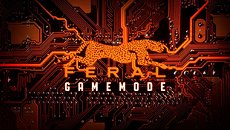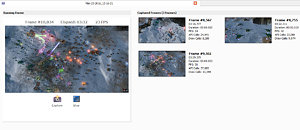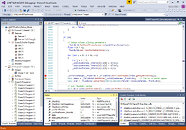Feral Interactive Introduces GameMode Tool for Linux Gamers to Optimize Gaming Performance
Feral Interactive has released their free, open-source tool called GameMode to help Linux gamers squeeze every drop of gaming performance out of their systems. GameMode is basically a small daemon and library combo that instructs the processor to run in Performance Mode when a user is playing a game. GameMode along with the instructions for installation can be found at GitHub. Feral Interactive also took the opportunity to announce that Rise of the Tomb Raider, which lands on Linux later this month, will be the first Linux title to integrate GameMode. Future titles from the video game publisher will probably include GameMode as well.
















